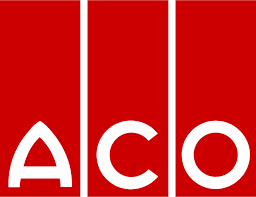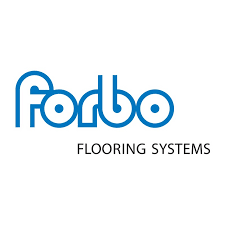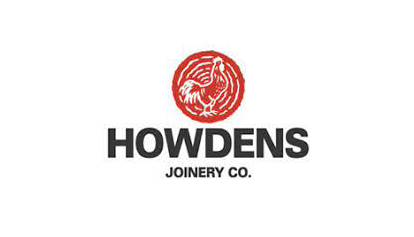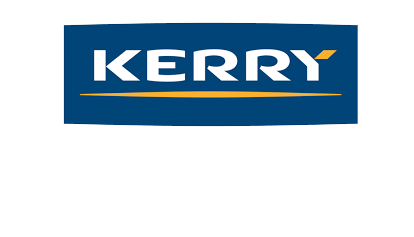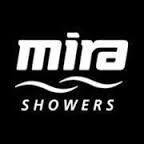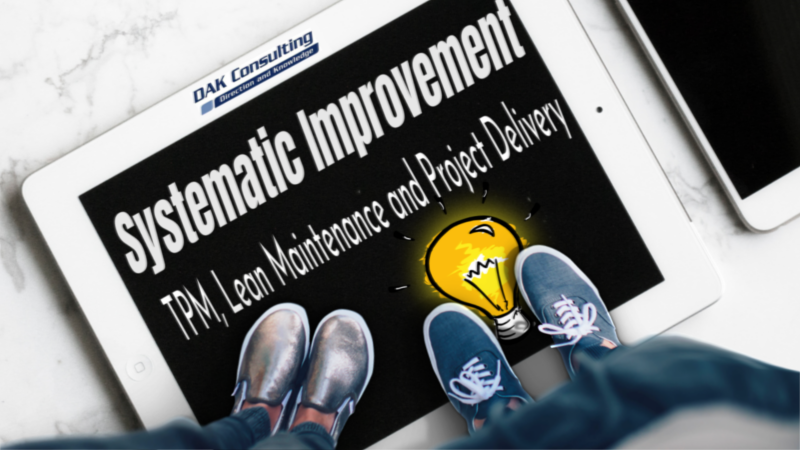
- Details
- Category: Blog
The site had begun to put into place actions to deal with the impact of the future retirement of experienced maintenance personnel but recognised that this issue was a symptom of weaknesses in other areas. For example although they were making good progress with Lean and TPM they needed to improve results at tier 1 level. In addition they had been working on use of mobile devices, improving data historian, and condition monitoring but needed to improve how data was used to support day to day decisions.
On a positive note, they were making good use of review cycles which included TPM team improvement sessions and regular "Engineering Day" sessions to inject new ideas and maintain collective focus. The outputs from those review cycles had produced forward action plans which included:
- Releasing a Maintainer Operator from shifts to days to deal with gaps in basics including:
- Setting standards for tasks such as those carried out by the retiring engineer.
- Looking at critical spares.
- Training activities to deal with skill gaps.
- Involve students from local University to work on analysis and improve their use of data,
- Involve potential future mechanical engineer apprentice in looking at condition based maintenance to develop internal analysis capabilities.
The management team felt that an external perspective was needed to take stock of current progress and make best use of the time and resource to be invested in those activities.
Lean Maintenance Health Check
Our review included the completion of a Lean Maintenance Health Check a diagnostic model using just 6 benchmarking categories to identify how well cultural and performance drivers are aligned, This resulted in the following profile.
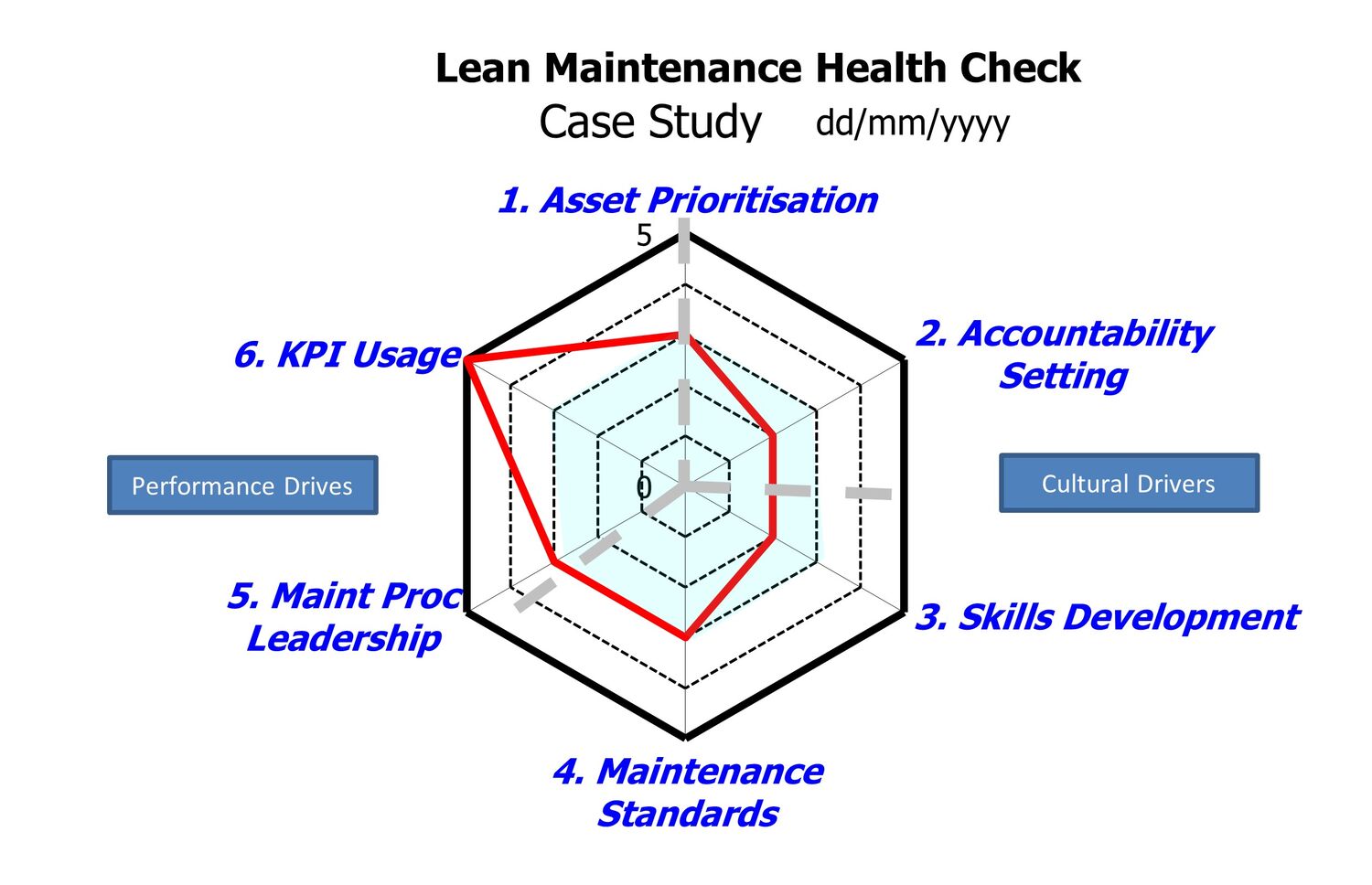
Figure 1 Lean Maintenance Health Check
The spider chart shows the assessment against key benchmarks of Lean Maintenance on a 1 to 5 scale where 1 is low, 3 is acceptable. An assessment of 5 indicates a significant history of improvement. The shaded area in the chart indicates acceptable levels for each benchmark area.
This revealed that although the site had good performance management practices, clear priorities and maintenance process leadership, the barriers to progress were due to:
- Gaps in accountabilities for asset care,
- Weaknesses in skill development processes.
A working session with the management team to discuss the diagnostic profile provided a clearer understanding of what was holding them back. This highlighted how their dependence on a few key workers had hidden gaps in accountabilities. That made them vulnerable to loss of skills as experienced workers retired. In addition, it meant that they did not always make best use of skills because some simple but essential tasks were being carried out by skilled personnel.
Defining the Improvement Plan
During the working session , the diagnostic model recommendations of how to deal with those barriers was used as part of a plan the plan working session with the management team that led to an agreed set of programme priorities as follows:
- Categorise asset care routines into core, intermediate and specialist categories to provide structured asset learning plans
- Train operators in the function and structure of equipment and systematically transfer routine asset care to them.
- Assess production and maintenance skill gaps against asset care standards. Build capability through system training, supported application and capability assessment processes.
In addition, to take advantage of the gains from the investment in time and resources, it was agreed that the programme should aim to:
- Adopt visual standards for inspections and asset care routines to reduce the need for technical judgement,
- Use the released maintainer time to support
- Development of operator team capabilities through the creation of training material and coaching
- Low cost automation solutions to reduce non value adding work.
- Use practical projects to develop Maintenance Capabilities to:
- Identify quality defect hot spots
- Improve process precision using data driven analysis to reduce unplanned and planned intervention.
The Forward Programme
The outcome was a forward programme involving internally led cross functional teams who with support were able to dig deeper into the current reality and work on delivering the required changes. The programme was designed so that local area and senior leaders were able to coach and guide the teams as part of the daily, weekly, monthly management routine. That provided the vehicle to:
- Develop a new operational blueprint to support the transfer of enhanced working practices to the rest of the site,
- Identify and deal with skill gaps for routine asset care,
- Enhance work instructions and the use of visual indicators,
- Support the task transfer process,
- Improve the use of data and analysis to reduce the causes of minor defects.
Lean Maintenance Accelerator Workshop
This is the type of programme that our 3 day Lean Maintenance Accelerator workshop is designed to mobilise. During the workshop 10 to 15 relevant personnel work in teams on live assets to assess the current shop floor reality against best practice benchmarks. That includes working sessions to enhance current practices for:
- Lean Asset Care covering preventive maintenance, inspection and servicing routines,
- Lean Execution covering standardisation, systemised workflows and engagement,
- Lean Systems covering stores, performance management and CMMS.
In addition to setting practical standards to improve asset reliability this also covers where improved use of data can enhance process effectiveness, resilience and flexibility.
The workshop includes a session where teams feedback their findings and recommendations for the assets under review. That provides the inputs to a final session of the workshop to develop forward plans to pilot lessons learned and create roll out plans to transfer that to other assets.
Click here for a brochure or contact us to find out more.
Other Accelerator Training Workshops
In House Academy Learning Pathways
We provide training and coaching using practical TPM and Lean improvement projects to provide learning pathways that simultaneously develop Local Leader, Front Line and Senior Leader capabilities to surface gaps, overcome barriers to progress, refine ideas and apply new thinking to real world situations.

